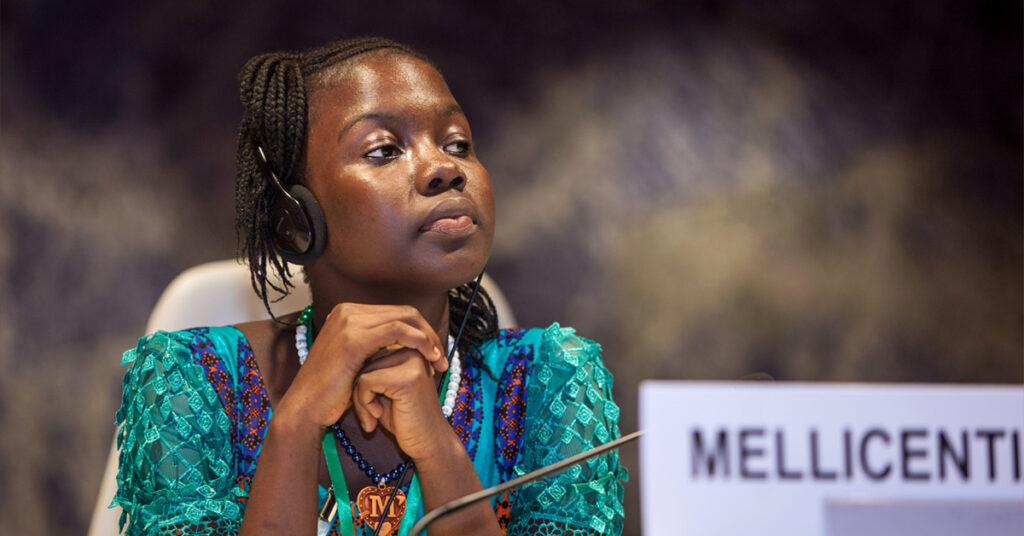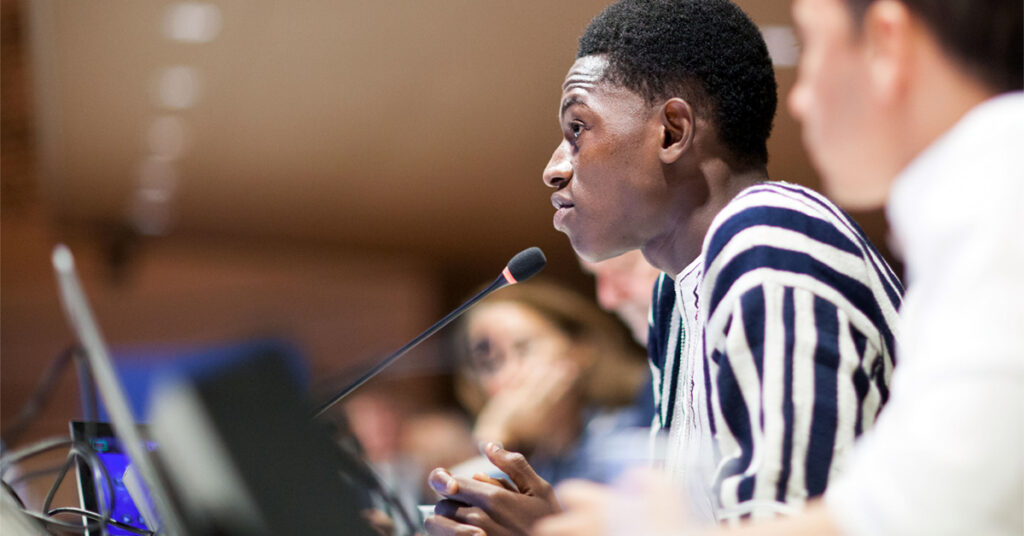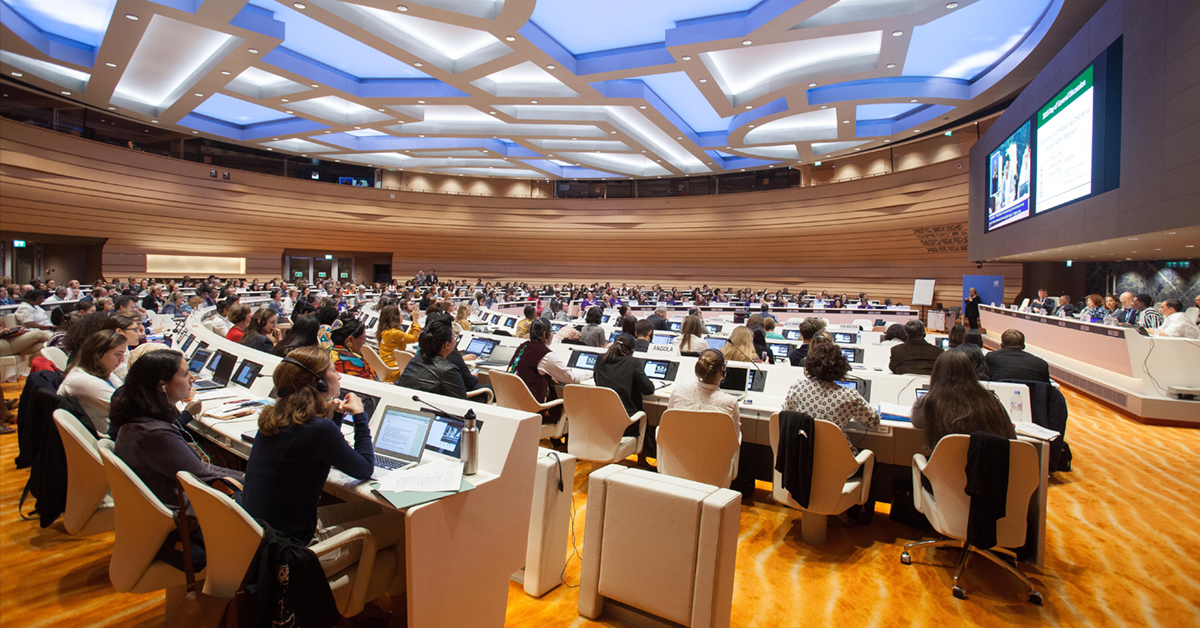A series of consultations with care leavers and their representatives across Africa are giving young people a valuable opportunity to influence new United Nations guidelines. A number of children with disabilities, reunited with their families through our work, are now calling on the UN to recognise orphanages as one of the biggest barriers to progress on creating safe, healthy and inclusive communities.
First-hand accounts from people living with disability
The work of Hope and Homes for Children in Rwanda has recently been the focus of attention for the United Nations Committee on the Rights of Persons with Disabilities. Through a number of online consultations starting in March, the United Nations Committee has been hearing first-hand accounts from children and adults living with disability, as well as from their representative organisations
“The United Nations Committee has been hearing first-hand accounts from children and adults living with disability”
Many disabled people experience isolation, lack of visibility and segregation. The United Nations Committee is working to ensure that everyone living with disability can live safely in their communities. However, one of the biggest barriers to inclusion is the use of orphanages—a common response to the needs of children with disabilities. Yet, with the right support, these children could instead grow up in the care of a loving family.
“One of the biggest barriers to inclusion is the use of orphanages—a common response to the needs of children with disabilities”

New set of childcare guidelines
Typically hosted in-person, but moved online this year due to Covid, the United Nations Committee is relying on these consultations to inform a new set of childcare guidelines being drawn up. By the end of the year, these guidelines will show how children with disabilities can be cared for in family and community settings—without the need for national and local authorities to ever resort to the use of orphanages.
Over the last few months, our team in Rwanda has been an observer at a number of these regional consultation events. In June, 170 individuals were invited to attend the session, with around 30 speakers sharing stories of their experience with all members of the United Nations Committee’s African delegation.
“In June, 170 individuals were invited to attend the session, with around 30 speakers sharing stories of their experience with all members of the United Nations Committee’s African delegation”
Reflections from care leavers in Rwanda and Kenya
One child we helped return to their parents in Rwanda had been confined to an institution for five years, simply because there weren’t the services in the community that offered their parents the right support to care for them. Now a young person, reflecting back on their experience they told the United Nations Committee that children are often abandoned, and their parents never visit them again. “The institutions that separate them from their families are not solution,” they claimed. “Having families is their right, being loved and supported is what children with disability need most, it is up to us all to strive for this, to advocate for this.”

Also taking part in the global consultation were two care leavers we supported in Kenya. One care leaver shared their concern at being “misunderstood and misrepresented.” As a result, children are unable to influence what happens around them. “It’s important the process of deinstitutionalisation is humanised,” they added. “Children with disabilities in institutions give up on themselves, compromising their wellbeing. Stigma, stereotyping and social taboos are a huge barrier to the reintegration of children with their families.”
“Stigma, stereotyping and social taboos are a huge barrier to the reintegration of children with their families.”
These invaluable insights from care leavers were accompanied by a written submission about our work supporting children with disabilities in Rwanda, providing the United Nations Committee with thorough and compelling insights to inform their childcare reform proposals.
Equipped with these insights, the United Nations Committee on the Rights of Persons with Disabilities is in a much stronger position to firmly instruct all UN member states later this year. The message is clear: institutions are never acceptable for any child.
